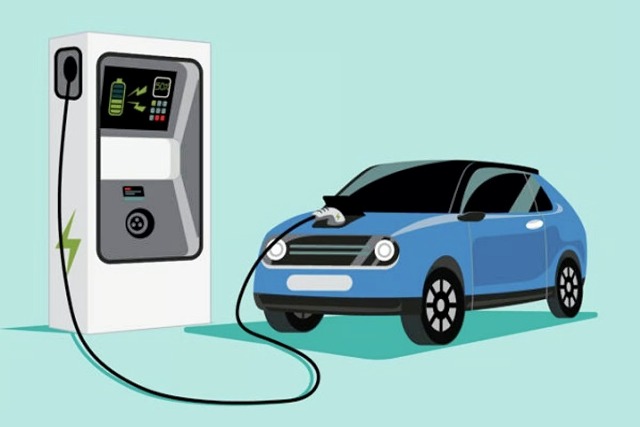Govt approves policy to make India EV destination
New Delhi: To promote India as a manufacturing hub of e-vehicles (EVs) of the latest technology, the Union Government has introduced schemes aimed at attracting investments from reputed EV makers. The new policy aimed at strengthening the Electric Vehicle (EV) ecosystem in India has been announced.
The policy will help Indian consumers experience the latest technologies, boost the ‘Make in India’ initiative, and promote healthy competition among EV players. The policy is designed to lead to high-volume production, economies of scale, lower production costs, reduced crude oil imports, a lower trade deficit, and reduced air pollution, particularly in cities. It is also expected to have a positive impact on health and the environment.
Minimum Investment: The minimum investment required is Rs 4150 Cr, with no limit on the maximum investment.
The policy entails the following: –
Manufacturing Timeline: Manufacturers will have 3 years to set up facilities in India and start commercial production of EVs. They are expected to achieve 50% domestic value addition (DVA) within 5 years at the maximum.
Domestic Value Addition (DVA): A localization level of 25% by the 3rd year and 50% by the 5th year will have to be achieved during manufacturing.
Customs Duty: A customs duty of 15% (as applicable to CKD units) would be applicable on vehicles with a minimum CIF value of USD 35,000 and above for a total period of 5 years, subject to the manufacturer setting up manufacturing facilities in India within 3 years.
The duty foregone on the total number of EVs allowed for import would be limited to the investment made or Rs 6484 Cr (equal to incentive under the PLI scheme) whichever is lower. A maximum of 40,000 EVs at the rate of not more than 8,000 per year would be permissible if the investment is USD 800 Mn or more. The carryover of unutilized annual import limits would be permitted.
The Investment commitment made by the company will have to be backed up by a bank guarantee in lieu of the custom duty forgone. The Bank guarantee will be invoked in case of non-achievement of DVA and minimum investment criteria defined under the scheme guidelines



Comments are closed.